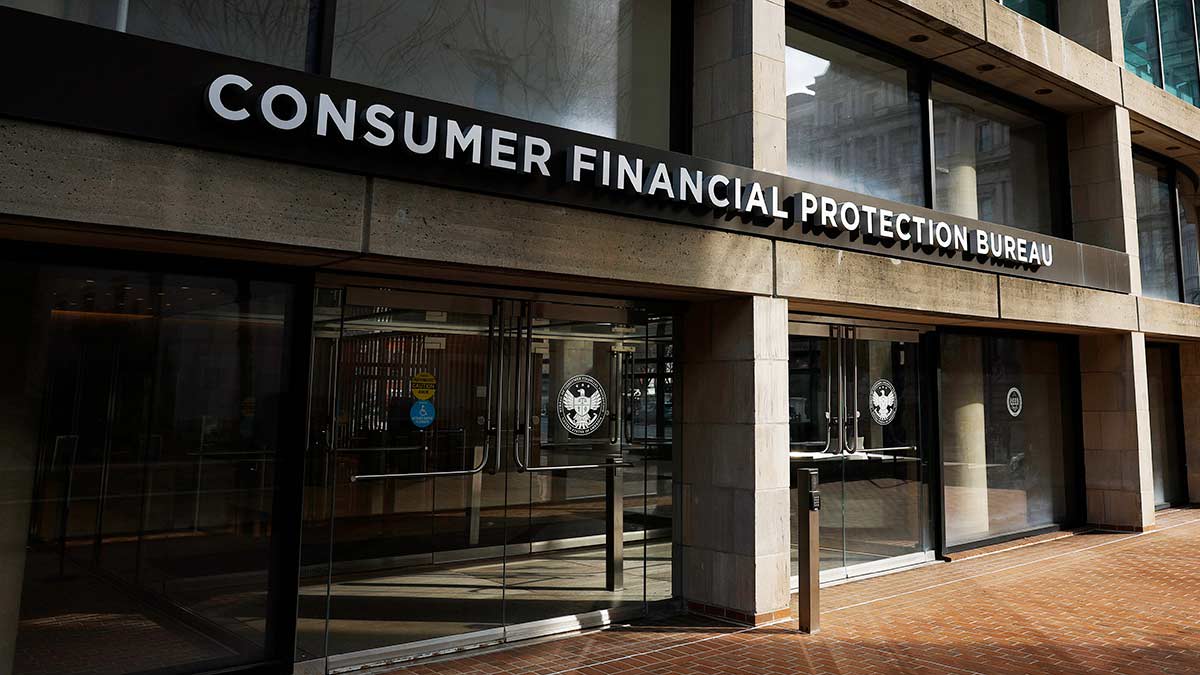
Those cases involve several of the nation’s largest financial institutions, including the banks behind the payment app Zelle, over nearly $1 billion in allegedly unchecked consumer fraud on the platform; the bank Capital One, over an alleged scheme involving interest rates on millions of customers’ savings accounts; and Walmart, for allegedly opening accounts for more than 1 million delivery drivers and charging them $10 million in junk fees.
In the SFS case, changes at the CFPB are having an impact already. Last week, SFS attorneys requested that the company’s assets be unfrozen and that it be allowed to collect fees from customers again. They argued that their request should be granted because the CFPB, which had nine attorneys on the case, is now “wholly nonfunctional” and that the idea that the state AGs could continue on their own with the suit was “Pollyannaish.”
“The CFPB is, as we speak, experiencing extraordinary and unprecedented changes,” the company’s attorneys wrote. The judge in the case, U.S. District Court Judge Michael J. Roemer, had denied an earlier CFPB request for a delay to better prepare its case, and the next hearing is scheduled for March 6.
What’s happening with SFS provides the first glimpse into what could be lost when the chief independent consumer watchdog enforcing state and federal laws is shuttered, experts say. The result would be large regulatory gaps, fewer lawsuits brought against companies accused of wrongdoing, and consumers paying more for potentially dubious or fraudulent products in the financial services industry.
“It does not surprise me that SFS is using [changes to the CFPB] to argue that the case is essentially defunct,” says Amy J. Schmitz, a professor and scholar in consumer law at Ohio State University. “Leadership is important and has been one of the key roles for the CFPB since its inception. I believe that others will capitalize on the chaos as well.”
The New York Attorney General’s Office told CR it “intends to continue” the case against SFS; the other six states either declined to comment or did not respond to requests about how they would proceed. The city of Chicago is also suing SFS and Monarch Legal Group, the affiliated Chicago law firm that has enrolled nearly 7,000 consumers in Illinois. While Chicago will continue to pursue its consumer protection case against Monarch and its owner, Timothy Burnette, Chicago’s attorneys told CR they are “disappointed” and “saddened” by news that CFPB could leave their federal case
SFS didn’t respond to CR’s requests for comment but, in court filings, the company has said its clients saved money through its debt relief services, even when accounting for the high monthly fees.
On average, the customers who “graduated” from SFS’ debt repayment program, their attorneys argue, were paying credit card interest rates of 26 percent and had roughly $40,000 in debt spread across eight creditors. “If consumers can only afford the minimum payments, they will never get out of debt,” SFS’ attorneys wrote. “The success of this program must be judged against those alternatives.”
But SFS customer data also showed that roughly 44 percent of clients didn’t complete the repayment program, and ended up paying a higher percentage in fees to SFS as a result.









